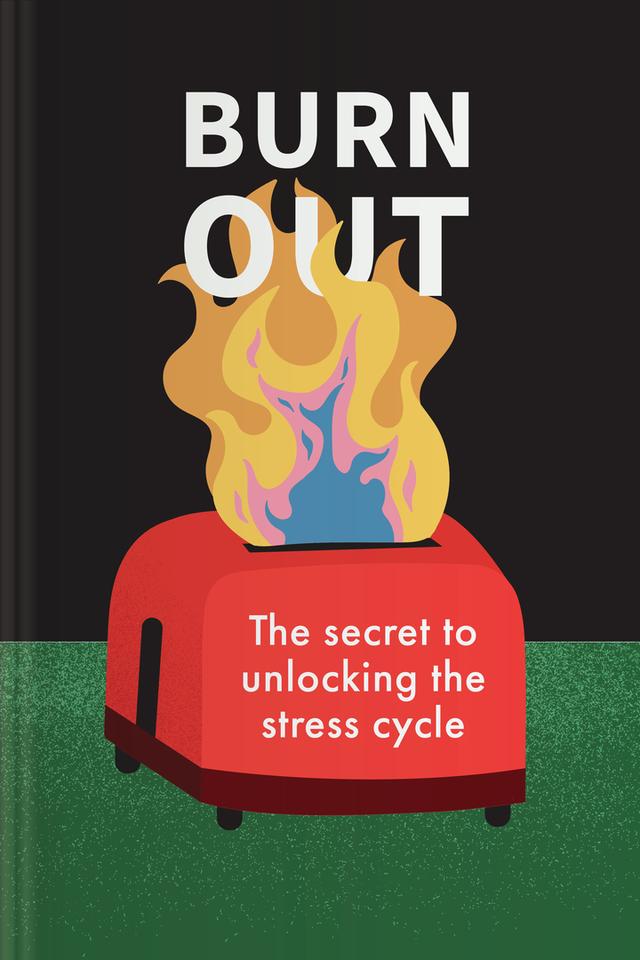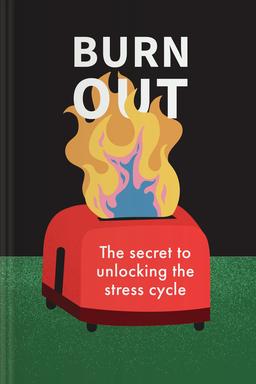You’ll learn
- That emotional exhaustion affects modern lives
- About the risks of constant overwork
- How "giver syndrome" saps your energy
- The true nature of stress relief
Protect the world’s peace. Donate to support Ukraine

first KEY POINT
You know that feeling when you collapse into bed after a long day, completely drained, but your mind won't stop racing through tomorrow's to-do list? When you've given everything to everyone else, yet somehow feel like you're still not enough? Well, these feelings actually have a name: emotional exhaustion. It happens when you spend so much energy caring for others that you forget to care for yourself.Emotional exhaustion is one of three components of burnout, first defined by psychologist Herbert Freudenberger in 1975. The second is when your empathy starts to fade, and you find yourself caring less about people and situations that once mattered. The third one hits when nothing you do feels like it makes a difference anymore.If these three symptoms sound painfully familiar, you're definitely not alone. But here's what most people don't realize: emotional exhaustion happens when you get trapped in an endless loop of feelings with no way out.That's why people in caring professions experience more burnout than others. The numbers tell the story: teachers report burnout rates of 20-30%, while medical professionals hit 52%.
But here's the hope: science has given us proven strategies not just to survive burnout, but to completely transform how we handle stress. Stay with us as we explore each one of these life-changing tools together. Reclaim your energy and find your way back to yourself.
second KEY POINT
Picture this: you're rushing to get the kids ready for school, coffee spills on your shirt, your phone buzzes with an "urgent" work message, and suddenly, your heart is racing. That's not just life being chaotic; that's your ancient stress response kicking in.Your body can't distinguish between a charging lion and a demanding boss. The moment it senses a threat, it floods you with stress hormones. The catch is that this system was built for physical danger — the kind you'd escape by running. So, your body still expects you to sprint away from that lion. But, in reality, you're stuck in a meeting, nodding politely, even as your insides scream.When stress doesn't end with physical action, your body stays alert. This can lead to high blood pressure, heart problems, digestive issues, and a weakened immune system. Your body keeps sending the "danger" signal because it never got the "all clear" message.

Continue reading with Headway app
Continue readingfirst KEY POINT
second KEY POINT
third KEY POINT
fourth KEY POINT
fifth KEY POINT
sixth KEY POINT
seventh KEY POINT